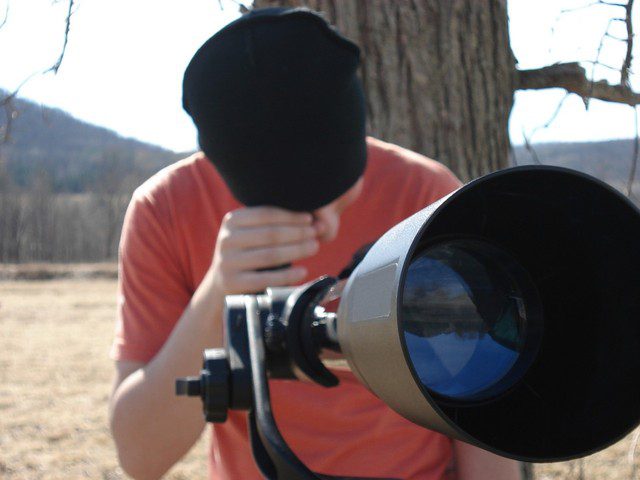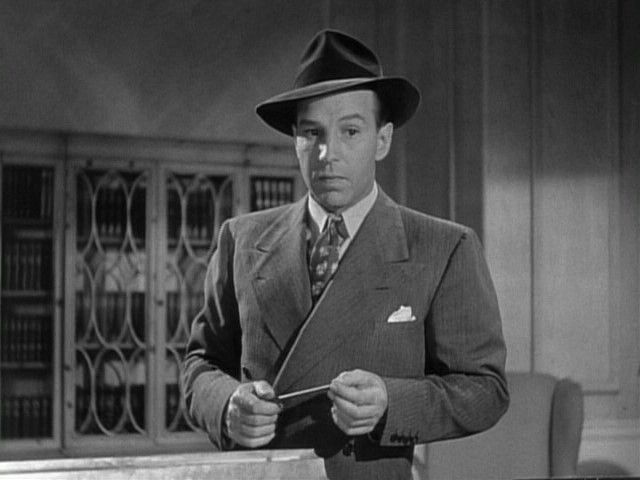
A Private Investigator’s Perspective
GeneralInsurance fraud is a pervasive issue that affects not only insurance companies but also consumers who end up paying higher premiums to compensate for losses. From falsifying claims to staging accidents, insurance fraud comes in various forms, costing billions of dollars annually. In combating this widespread problem, private investigators play a crucial role. With their expertise in surveillance, evidence gathering, and analysis, they serve as the frontline defense against fraudulent activities. In this article, we delve into the intricate world of uncovering insurance fraud from the perspective of a private investigator.
Understanding Insurance Fraud
Before diving into the methods used by private investigators to uncover insurance fraud, it’s essential to understand what constitutes insurance fraud. Insurance fraud occurs when individuals or entities deceive insurance companies to obtain benefits to which they are not entitled. This can involve exaggerating damages, fabricating injuries, or intentionally causing accidents.
The Role of a Private Investigator
Private investigators are skilled professionals trained to uncover the truth in complex situations. When it comes to insurance fraud, their responsibilities include:
- Surveillance: Private investigators conduct surveillance to monitor the activities of individuals suspected of fraudulent behavior. This may involve tracking their movements, documenting interactions, and gathering evidence to support or refute claims.
- Evidence Gathering: Through meticulous observation and documentation, private investigators gather evidence such as photographs, videos, and witness statements. This evidence is crucial in proving or disproving the validity of insurance claims.
- Background Checks: Private investigators delve into the backgrounds of claimants to uncover any previous instances of fraud or suspicious behavior. This information helps insurance companies assess the credibility of the claim.
- Collaboration: Private investigators often collaborate with law enforcement agencies, insurance companies, and legal professionals to build strong cases against fraudulent individuals or organizations.
Methods Used by Private Investigators
Private investigators employ a variety of methods and techniques to uncover insurance fraud:
- Covert Surveillance: Using sophisticated surveillance equipment, private investigators discreetly monitor the activities of individuals suspected of fraudulent behavior. This may involve stakeouts, undercover operations, and hidden cameras.
- Interviews and Interrogations: Private investigators interview witnesses, claimants, and other relevant parties to gather information and uncover inconsistencies in their stories. Skilled in the art of interrogation, they know how to elicit truthful responses and detect deception.
- Forensic Analysis: Private investigators use forensic techniques to analyze physical evidence such as documents, photographs, and damaged property. By scrutinizing details that may go unnoticed by others, they can uncover signs of fraud or manipulation.
- Data Analysis: With access to various databases and records, private investigators conduct thorough data analysis to uncover patterns, discrepancies, and connections that may indicate fraudulent activity.
Case Study: Unraveling a Fraudulent Claim
To illustrate the effectiveness of private investigators in uncovering insurance fraud, let’s consider a hypothetical case:
Scenario: An individual submits a claim to their insurance company for a car accident in which they sustained significant injuries. The claim includes medical bills, vehicle repair costs, and lost wages amounting to thousands of dollars. Please visit the corporate site for more information about a private investigator’s perspective.

Investigation: Upon receiving the claim, the insurance company hires a private investigator to conduct a thorough investigation. Through surveillance footage, witness interviews, and forensic analysis, the investigator uncovers startling evidence:
- The alleged accident took place in an area with no traffic cameras or witnesses, raising suspicions about its authenticity.
- Medical records reveal inconsistencies in the reported injuries, suggesting possible exaggeration or fabrication.
- Background checks reveal a history of previous insurance claims for similar accidents, indicating a pattern of fraudulent behavior.
Outcome: Armed with compelling evidence, the insurance company denies the fraudulent claim and takes legal action against the individual for attempted insurance fraud. The case serves as a deterrent to others contemplating similar fraudulent activities.
Conclusion
Insurance fraud poses a significant threat to the integrity and stability of the insurance industry. Through the diligent efforts of private investigators, fraudulent activities are brought to light, protecting both insurance companies and policyholders. By leveraging surveillance, evidence gathering, and analytical skills, private investigators play a vital role in uncovering insurance fraud and ensuring justice is served.








